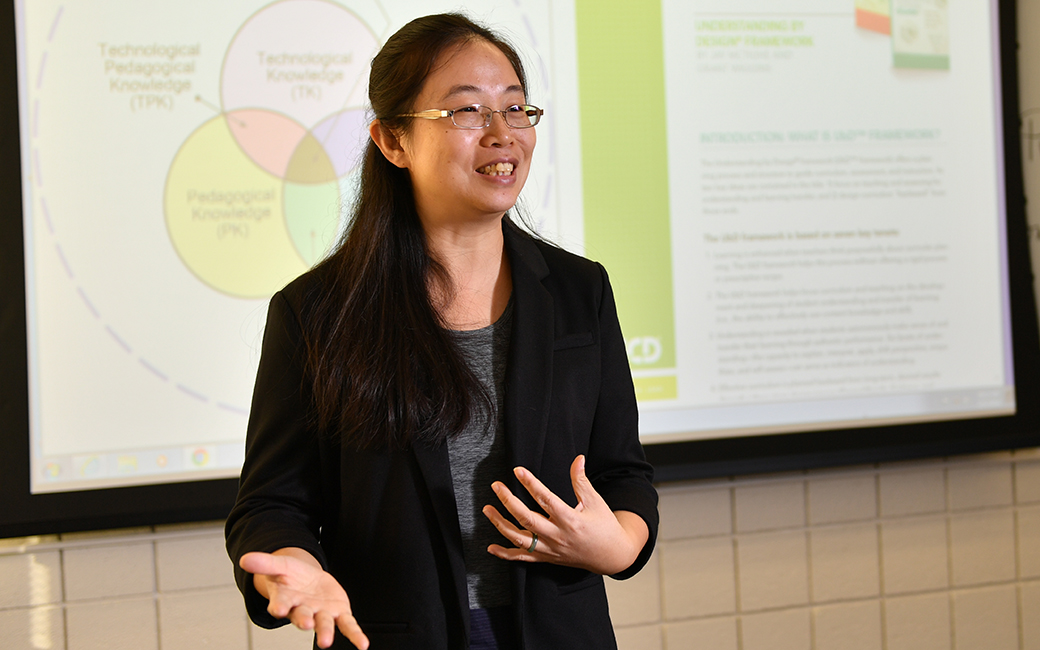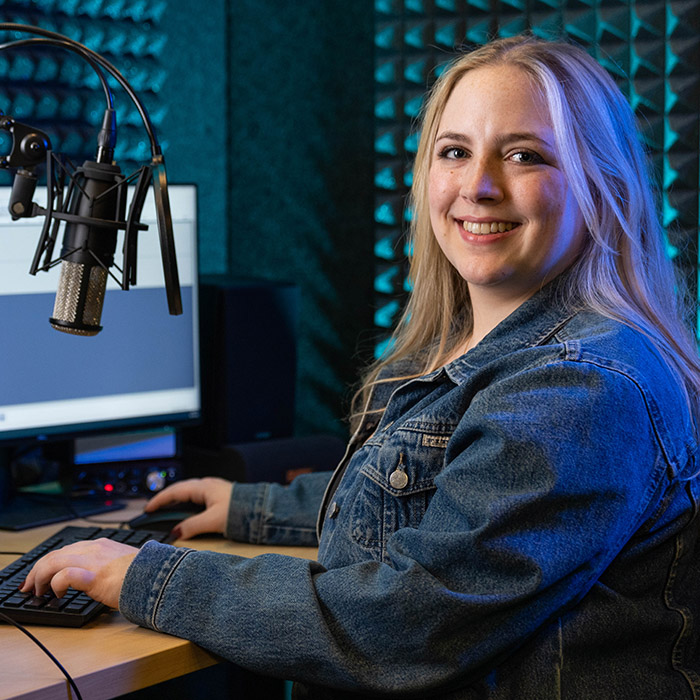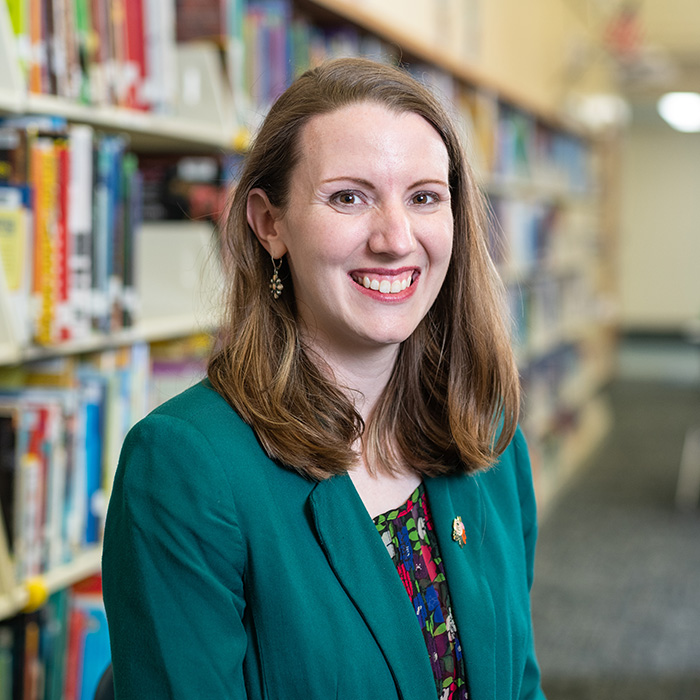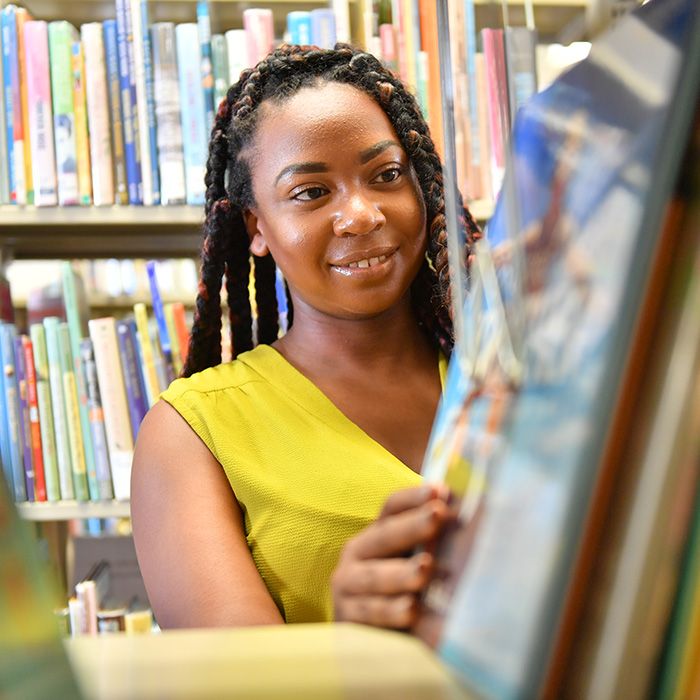Why Study Learning Technologies
Develop an in-depth understanding of the interconnectedness of educational technology with teaching and learning processes.
Professor Liyan Song understands that students need to learn hard technological skills and their application.

As co-director for Towson University’s master’s program in instructional technology, Liyan Song helps undergraduate and graduate students gain the knowledge and skills to integrate technology into their classrooms and careers.
Song leads the program’s educational technology concentration, which she says emphasizes both the “how” and “why” of technology use.
“ We’re not just promoting technology for its own sake. We also help students develop a good foundation of theoretical understanding. ”
Song teaches students how to "apply theory to their technology integration practice." An important aspect to her teaching because of the increased emphasis on classroom technology use in Maryland’s public schools and across the nation. Right here in Baltimore County, Song points out, PreK-12 students are issued personal electronic devices for in-school learning and to complete homework assignments.
“Teachers are expected to integrate that technology into their classroom instruction,” says Song. “They need to learn not just the technological skills but also the best practices and theoretical framework to guide that integration.”
Same goes for students in the instructional design and development concentration, who are preparing for careers developing training in government, industry and educational settings. A sound theoretical and research background gives them the tools to create effective curricula.
When students complete Towson University’s instructional technology program, says Song, not only are they able to do “what they’re asked to do,” but also to “do it with a reason.”

Celine Yakoumatos recognizes the growing role of instructional technology.
More about Celine
Lauren Grey-Hawkins connects children with books, information access and technology.
More about Lauren
Library media specialist Soni Woodley gained hands-on experience at Cook Library.
More about Soni